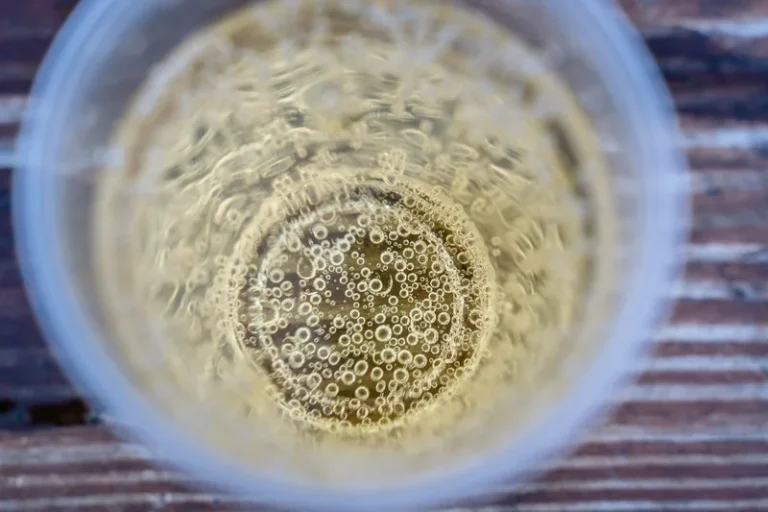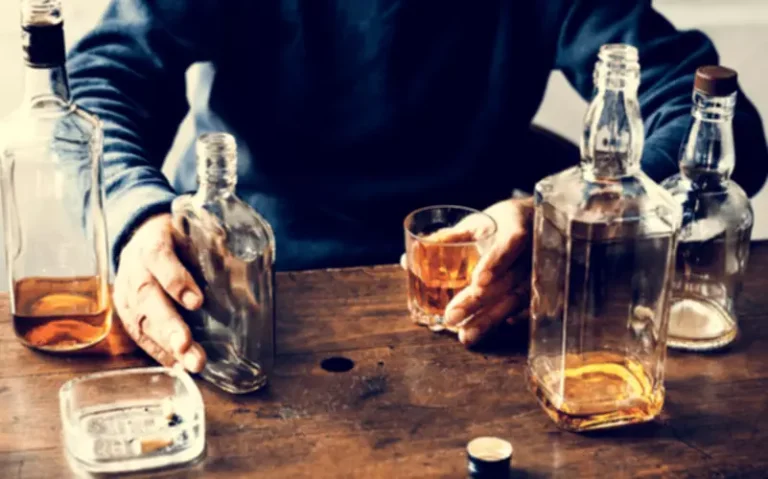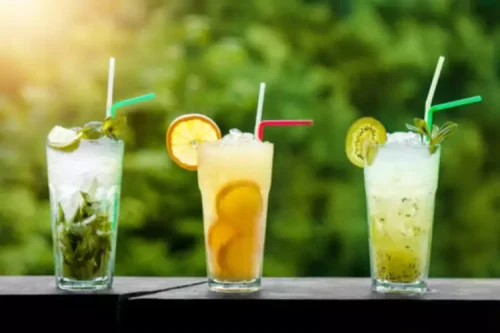
It’s up to you to decide if the pleasures of alcohol are worth the potential next-day effects. If you don’t drink enough water with alcohol, you can become dehydrated quickly. This article describes some of the more common causes of back-of-the-head pain, including when it is time to see a healthcare provider. Clear broths and soups may not look like much, but they contain a hangover-fighting nutrient package. If you’re having trouble with your appetite, broths are gentle on the stomach and help replenish lost fluids. Fruit juices (100% juice), especially those high in vitamins and antioxidants like orange juice or tomato juice, can help boost blood sugar levels and provide essential nutrients.
Steps to Treat Chronic Dehydration
Dehydration can cause mild symptoms like headache, dry mouth, dizziness, and fatigue, or severe issues like damage to the brain, heart, kidneys, and even death (1). That said, some other side effects of Ozempic can cause headaches, especially dehydration from less desire to drink or from the side effects of diarrhea does drinking cause dehydration and vomiting. Dehydration causes the tissues of your body to shrink and puts pressure on the pain receptors in the brain, triggering a pain response. What’s more, studies show most people who are overweight or obese don’t drink enough water. They are far more likely to be dehydrated than those who are lean.
tips on how to drink more water
- This article will explore the signs and symptoms, how it’s treated, and how to avoid chronic dehydration.
- “Anyone experiencing these concerning symptoms should seek immediate medical attention,” he says.
- It’s commonly added to energy drinks because it can enhance athletic performance (15).
By pinching your skin gently and observing how long it takes for your skin to regain its natural shape afterward, your doctor can get an indication of whether or not you’re dehydrated. Signs of chronic dehydration that a doctor will look for include a concentrated blood volume, abnormal electrolyte levels, and reduced kidney function over time. Dehydration is the term for your body’s reaction when you don’t drink enough water, resulting in a fluid deficiency. Chronic dehydration is a condition when dehydration recurs for longer periods, sometimes regardless of how much fluid you take in on a particular day.
Find more top doctors on
- Water is a cheap and healthy choice, but other fluids count as well, such as lower-fat milk, sugar-free drinks, tea and coffee.
- Believe it or not, drinking too much water can also make you feel off due to the way it impacts electrolytes.
- If you don’t feel better from drinking plain water, try adding an electrolyte mix to water or drinking a low-sugar sports drink that contains electrolytes.
- You may experience this as a racing, pounding heartbeat in your chest, called palpitations.
They may ask you to adjust them or to follow different advice altogether. When you are dehydrated, there is less blood travelling around the body. In response, the heart may start beating faster (tachycardia) to help move blood around the body. You may experience this as a racing, pounding heartbeat in your chest, called palpitations. Studies have also linked energy drinks to serious side effects, including anxiety, rapid and irregular heartbeat, kidney injury seizures, and death. Alcohol can also contribute to dehydration by affecting alertness and judgment and making you less aware of your body temperature.
While you may have heard that a bloody mary cocktail is a hangover cure, the true hangover hero is the tomato juice, Enright says. Tomato juice is rich in sodium and is a good source of potassium, two electrolytes needed for hydration. The juice also packs antioxidants like lycopene, as well as vitamins to help replenish the body, Enright adds. Increased urination from alcohol intake also flushes out certain nutrients from your body. “Drinks containing electrolytes are beneficial for hangovers, as they help replenish nutrients lost due to alcohol’s diuretic effect,” says Routhenstein.

Exactly how much water you need depends on your weight, age, level of activity, the climate of your environment and other factors. People with diabetes, heart disease, cystic fibrosis and other conditions may need to be cautious. The amount of water you need can also depend on the climate and what clothes you’re wearing. Although the standard advice is eight glasses of water per day, talk to your healthcare provider to confirm the right amount for you. To avoid dehydration, active people — people playing a sport or exercising — should drink at least 16 to 20 ounces (oz.) of fluids one to two hours before an outdoor activity.
Recommended Amount of Water to Drink

You may need intravenous (IV) fluids or other medical treatment. If your child appears dehydrated, it’s best to contact a provider right away. You lose water through sweat, urine, stool, vomit, and tears. When dehydrated, your body doesn’t have enough water to work well.

Emergency Signs and Symptoms

Staying hydrated is as important to your health as eating, exercising, and sleeping well. It’s especially important at times when you’re more likely to lose fluids or when you need more fluid than usual, such as during an illness, pregnancy, or exercise. Treatments for dehydration include rehydrating methods, electrolyte replacement, and treating diarrhea or vomiting, if needed. If you have a fever, your body loses fluid through your skin’s surface in an attempt to lower your temperature. Often, fever can cause you to sweat so much that if you don’t drink to replenish, you could end up dehydrated.
- To do this, a small IV tube is inserted in a vein in the arm or hand.
- “The whole thing about the risk of long-haul flying is that you’re at risk of dehydration.
- In children, dehydration is based on how much body weight they’ve lost due to a lack of fluids.
- Alcohol interferes with the brain’s ability to control body temperature.
Dehydration: Signs, Symptoms, and Effects
Fruits and vegetables contain a high percentage of water and increasing your consumption of these foods is an effective way to improve your water intake. Plus, diets high in fruits and vegetables are linked to several other health benefits, including protecting against the development of heart disease and certain cancers. Energy drinks slow fluid absorption in the gastrointestinal tract and increase urination. This can be especially harmful to people at a greater risk of dehydration, such as people exercising in hot environments. Sugary drink consumption is also linked with several health issues, such as an increased risk of high blood sugar, heart disease, and more.
